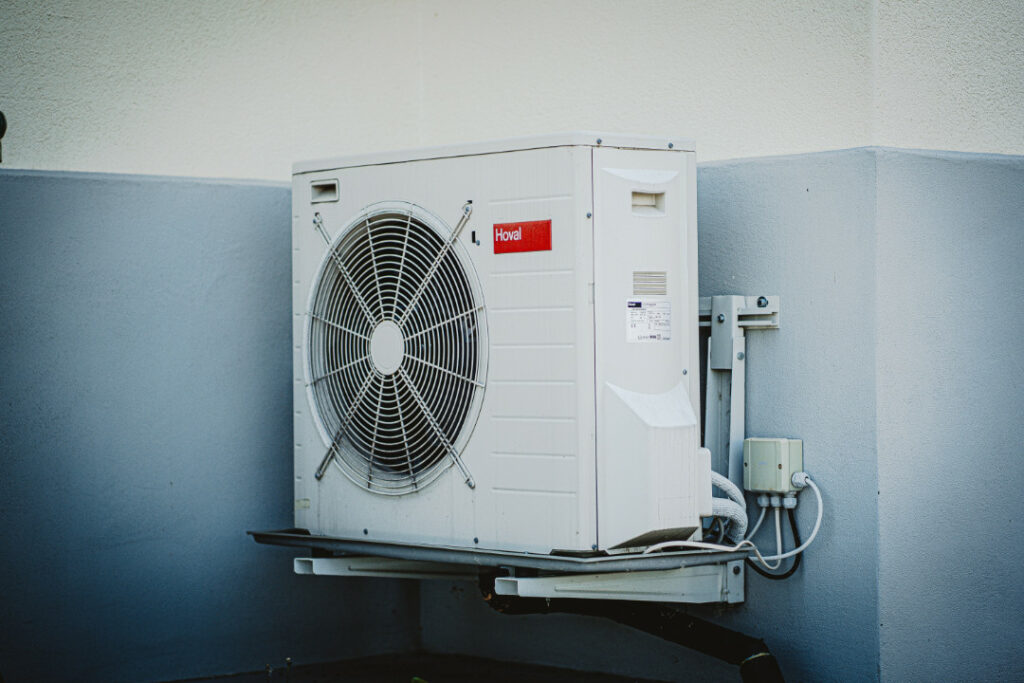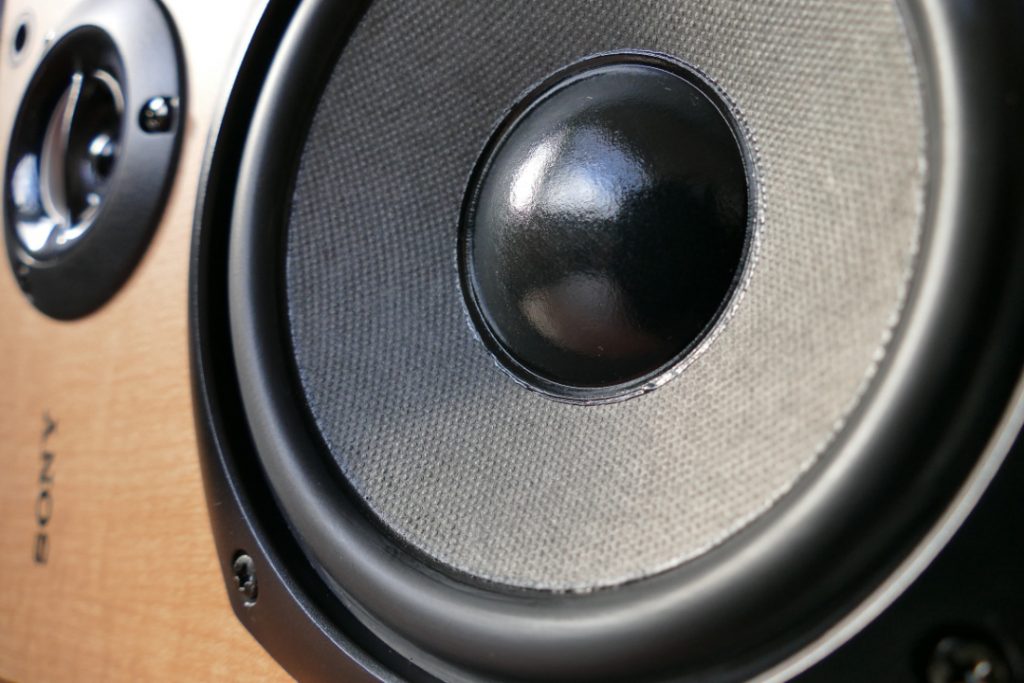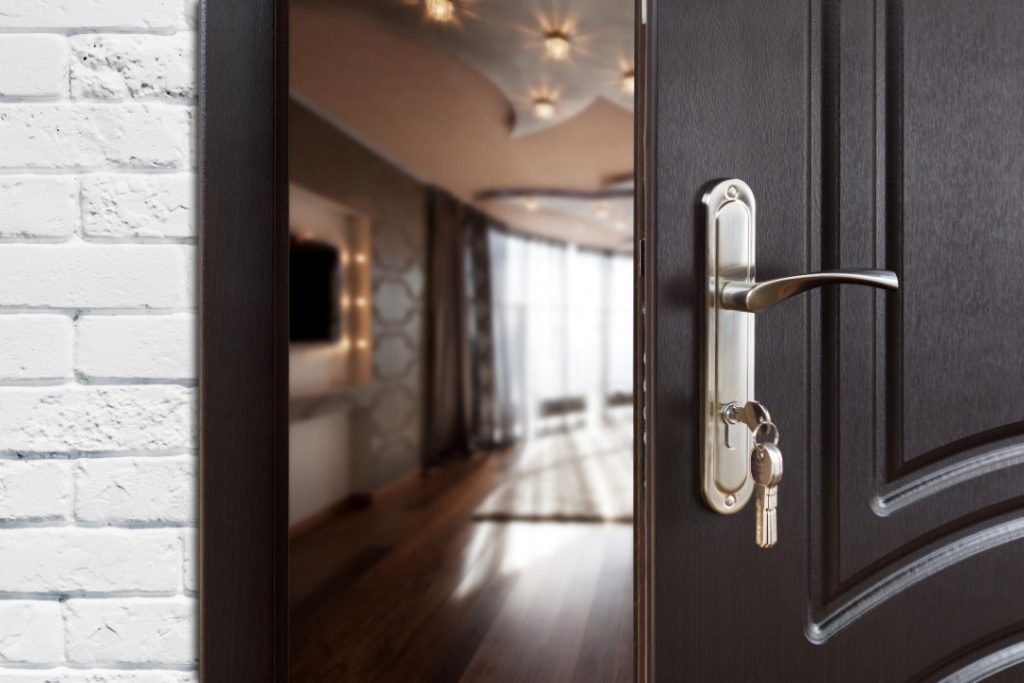How To Soundproof An Outdoor Air Conditioner? Today, every home has an air conditioning unit, which is a useful item. Noisy air conditioners tend to irritate you quickly.
Not only that, they regularly irritate your neighbors as well. So, if your neighbors start knocking on your door due to your outdated AC system, don’t be shocked.
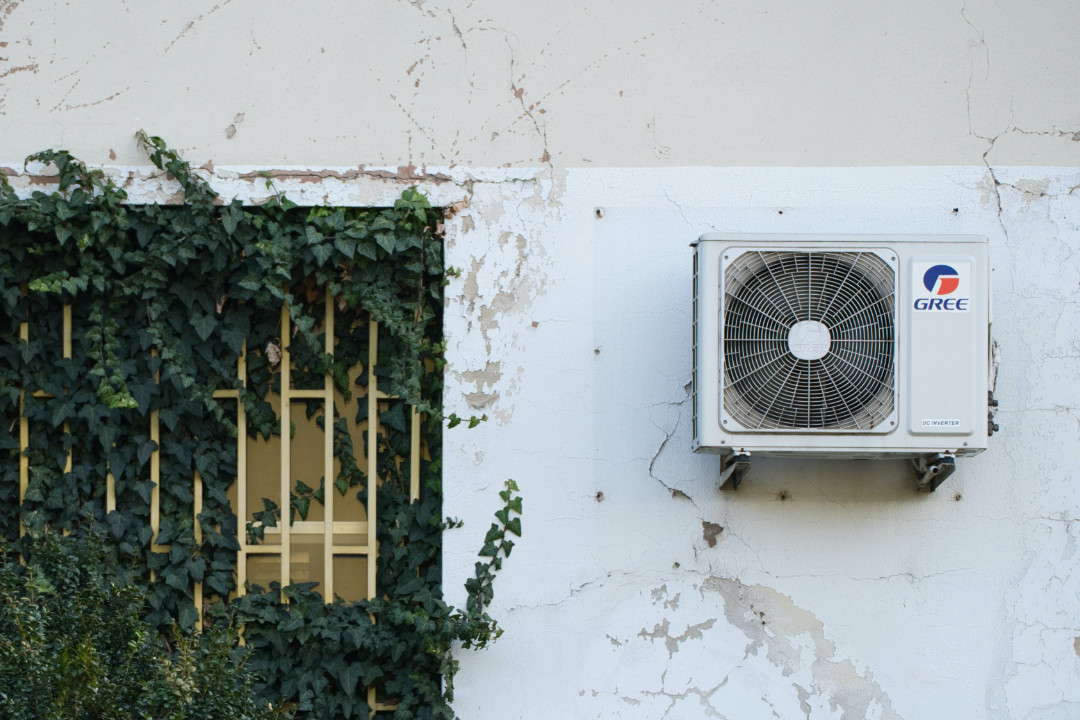
The continual sound of your neighbor’s air conditioner, though, is an even worse predicament.
Even while they are generally welcomed in the summer, they are also well known for making a lot of noise. Most older models are affected by this.
All you need to reduce noise, stay cool and maintain a calm environment is a significantly improved fan design intended for silent operation, a better-designed vent, and much better insulation surrounding the compressor.
There are also variable-speed blower fans among the sea of advancements. The overall noise of the AC is affected by all of this.
In other words, new AC units will naturally be quieter because they will operate at a slower speed. With that stated, if all other soundproofing techniques fail, you should probably start looking for some new AC.
How To Soundproof Outdoor Air Conditioners
The outside dripping noise that window air conditioners let in is a significant drawback. The only thing left after removing the panels and filters would be an open window to the outside world!
Let’s fix it, then. All we have to do is re-block the pathways via which the noise enters
Install A Fence
Putting up a fence will do the trick. Though more difficult than the prior approach, it is undoubtedly more successful.
The reasoning behind this one is straightforward—just build the fence high enough to completely enclose your air conditioner.
You can utilize anything you like as material to do the task. How should you use it is the issue. Building a 2-sided fence alone, for instance, has pros and cons.
It won’t do anything but magnify the sound reverberation. For instance, if you construct a whole 4-sided fence out of bamboo wood, everything will be OK.
Moreover, lush vegetation can be beneficial. You can create a similar result by planting some bushes and shrubs around your air conditioner.
You can successfully lessen the noise with a distance of at least 1-2 feet. Because noise isn’t directly striking the fence at these distances, it’s a little better.
Better airflow will result from placing it a few feet away, but the sound barrier for the air conditioner will still be adequate.
Cover Up The Window Frame
These incredibly lightweight frames allow a lot of noise to enter from air conditioners like the one below.
Put some foam insulation (just 1-2 inches thick will do) over them from your neighborhood hardware shop.
If you take meticulous measurements and cut it just a little bit too large, it should fit snugly and stay in place.
Bring your exact measurements to an acrylic source and have them cut an upside-down “U” to wrap around the AC for a less unattractive solution.
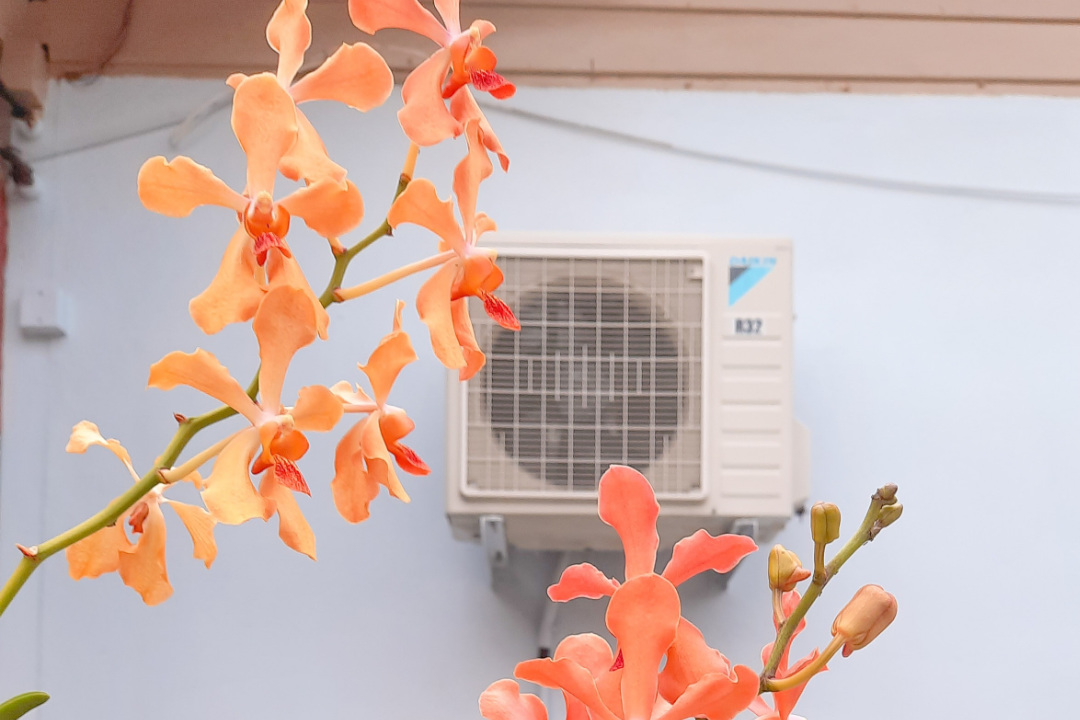
To Attach It In Front Of The Main Panel, Cut Out Some Insulation
You can only keep this on, of course, if your air conditioner is off. Since the AC requires access to outside air to function, there isn’t a way to filter out the noise when it is on.
There is a fix, though. But this one is tricky. The plan is to cut a piece of metal or wood with a vertical funnel aperture and snap-fit it around the back of your air conditioner.
This creates a barrier over the majority of noise and allows the AC to “breathe”. To cut this, though, you’d want professional assistance
Sound Blanket
To soundproof something, you typically need to place numerous layers between it and the outside world.
So soundproofing your outside air conditioner won’t be any different. When it comes to soundproofing air conditioners, adding a layer of defense to block sound is a simple task.
Therefore, you may utilize something like an acoustic blanket. The sound blankets are a very useful item for soundproofing.
The compressor noise will be reduced by up to 40%, and the volume will be ignorable.
For instance, this is the one I would personally suggest. It can accommodate air conditioners of various sizes and models.
You can quickly attach it thanks to its hook and loop closures. Do not worry if you are concerned about the airflow! When it comes to this topic as well, this one will guarantee the most.
Of course, this is a significant matter. Insufficient air movement can cause constantly operating air conditioners to overheat.
Reduce Water Dripping Noises
You might hear some water leaking if your outdoor air conditioner is mounted on a wall. As a result, you will open the window to let some fresh air in during the hot summer nights.
Well, the issue may be water that is dripping while falling from your air conditioner. This one, at least, irritated me.
On the other side, some people may not need to take this step since dripping noises might be relaxing.
Construction Of The Best Surface For Your Air Conditioner
Although it might seem unimportant to you, it is. Due to its unstable contact with the wall, the ground, or any other unsteady surface, the majority of the noise may manifest as a vibration.
Its noise level will undoubtedly change if it is attached properly or placed on a stable surface, at the very least bringing vibrations to a minimum.
You can patch it with some sort of foam for this reason. Your air conditioner won’t make any unwelcome vibrating noise after it is set up properly.
As a result, this is among the greatest ways to deal with the loud noise that comes from the outside AC unit, which is typically a vibration noise.
Other soundproofing materials include
- Acoustic caulk
- Mass Loaded Vinyl

